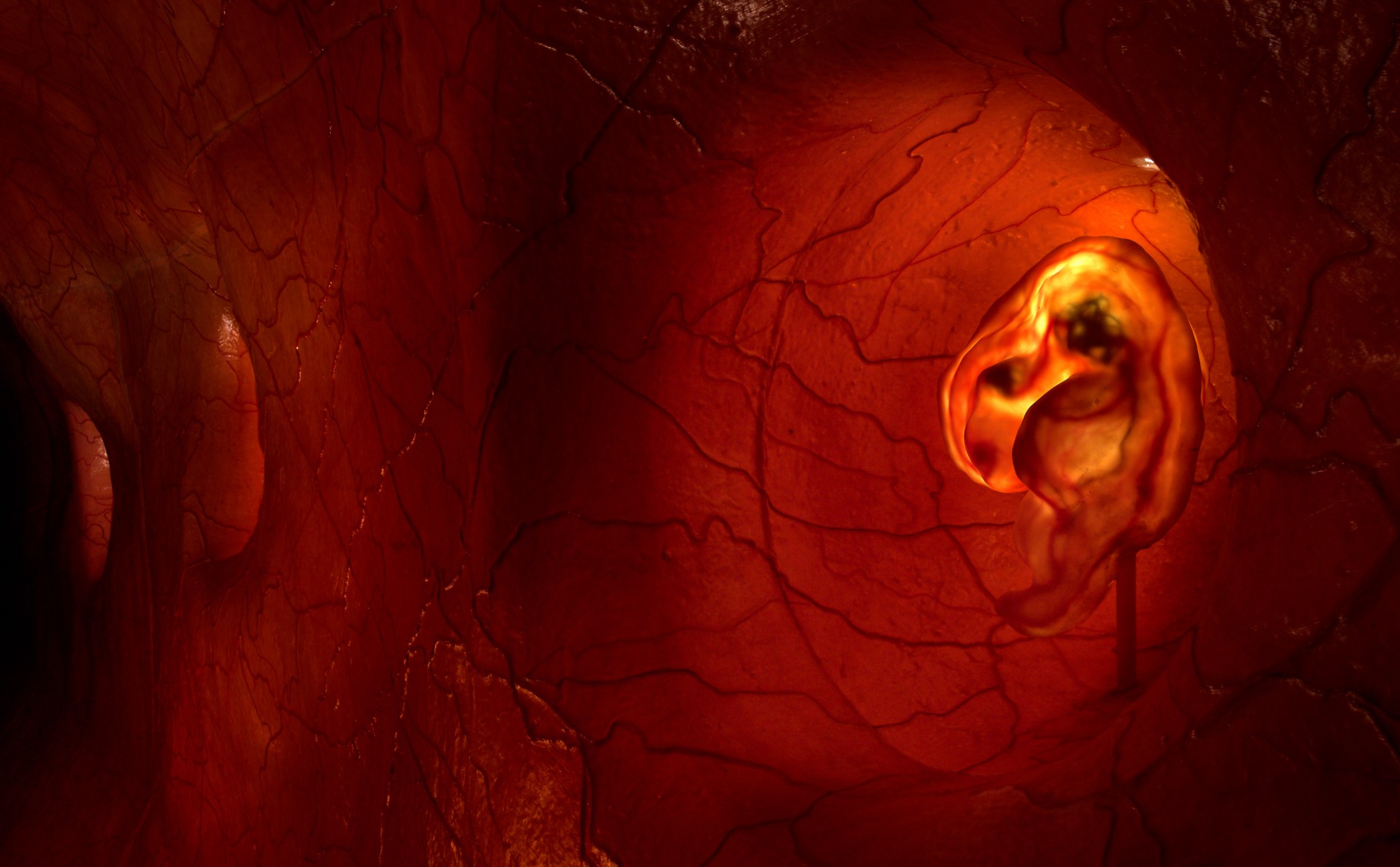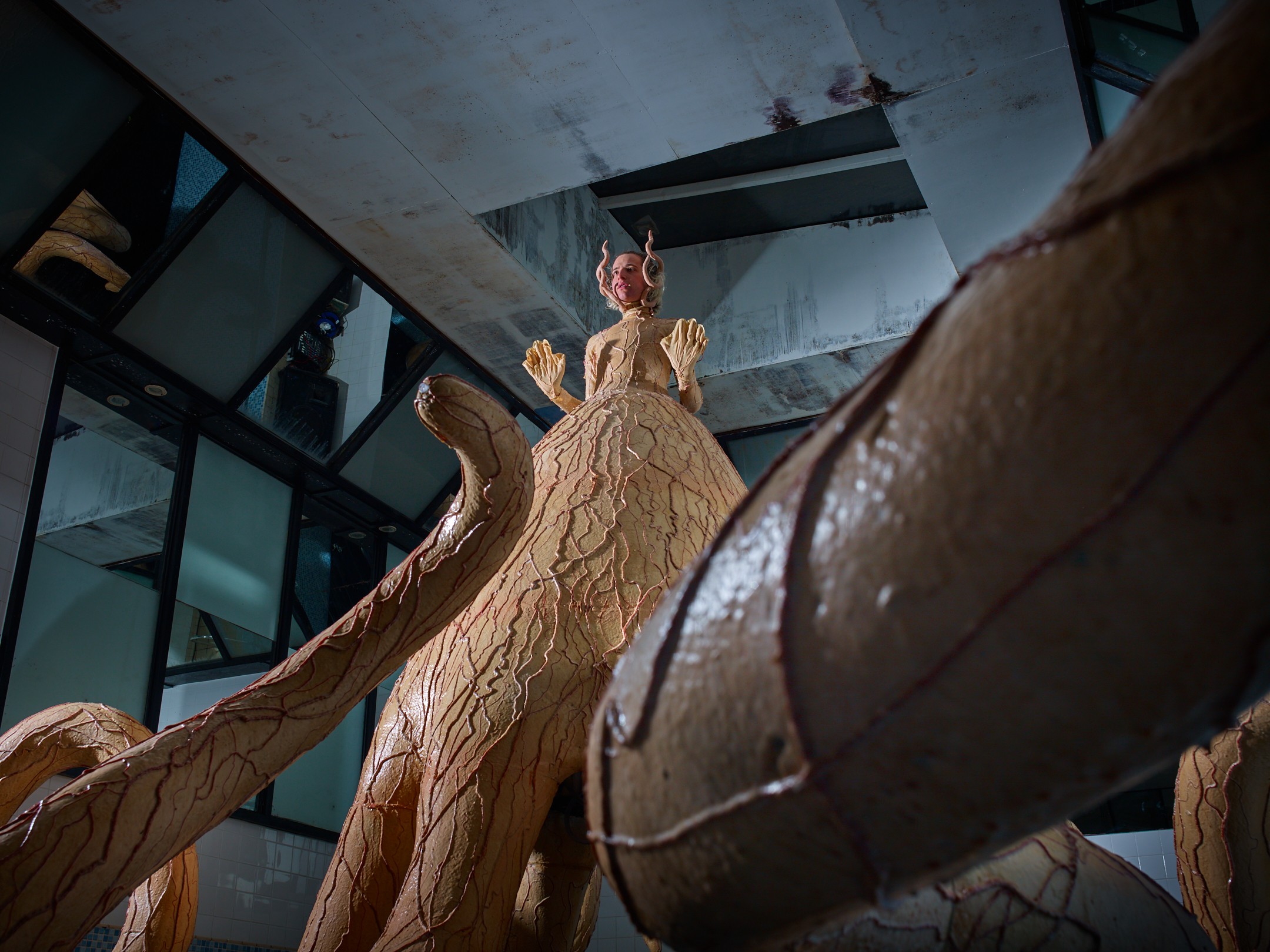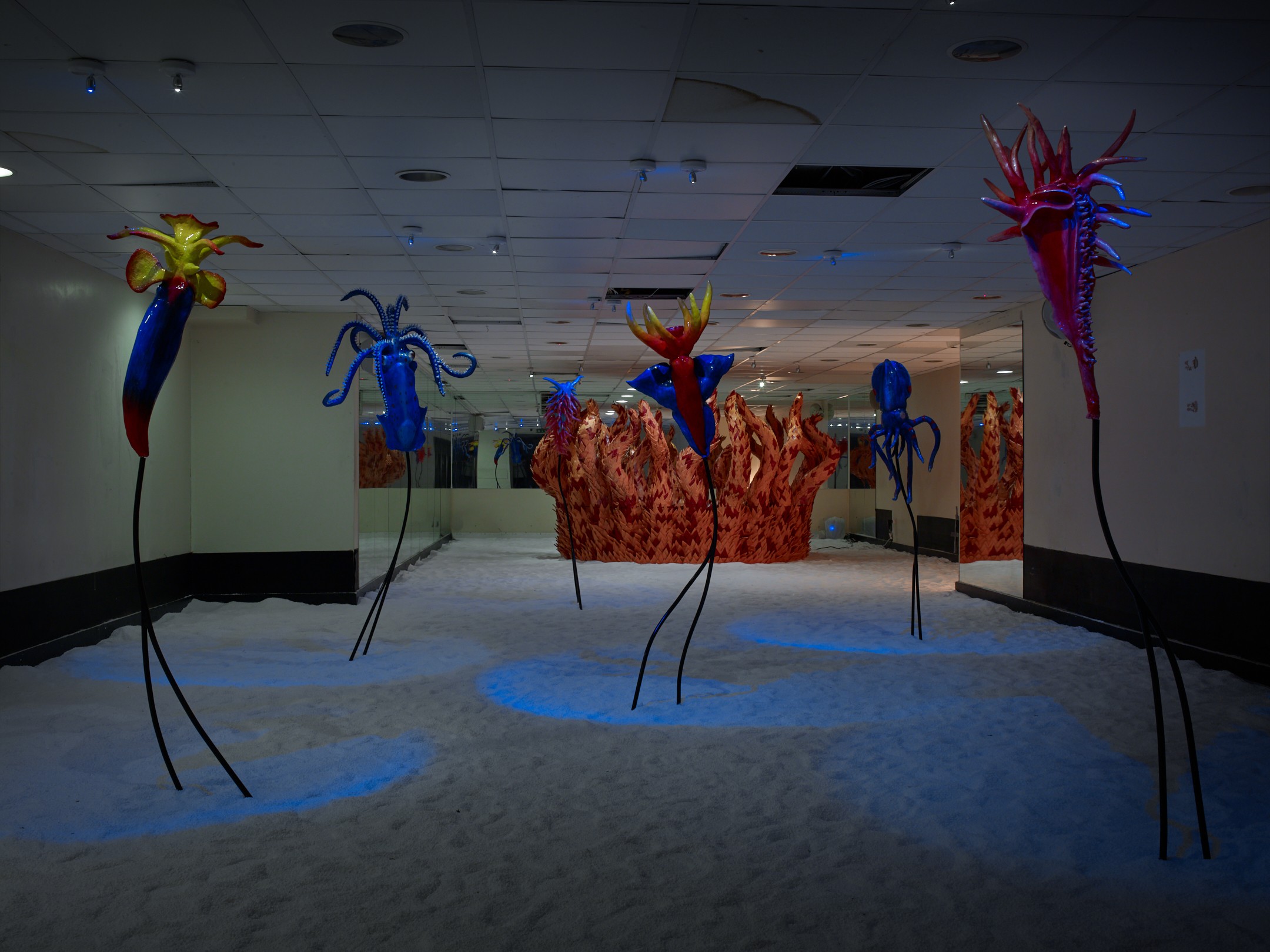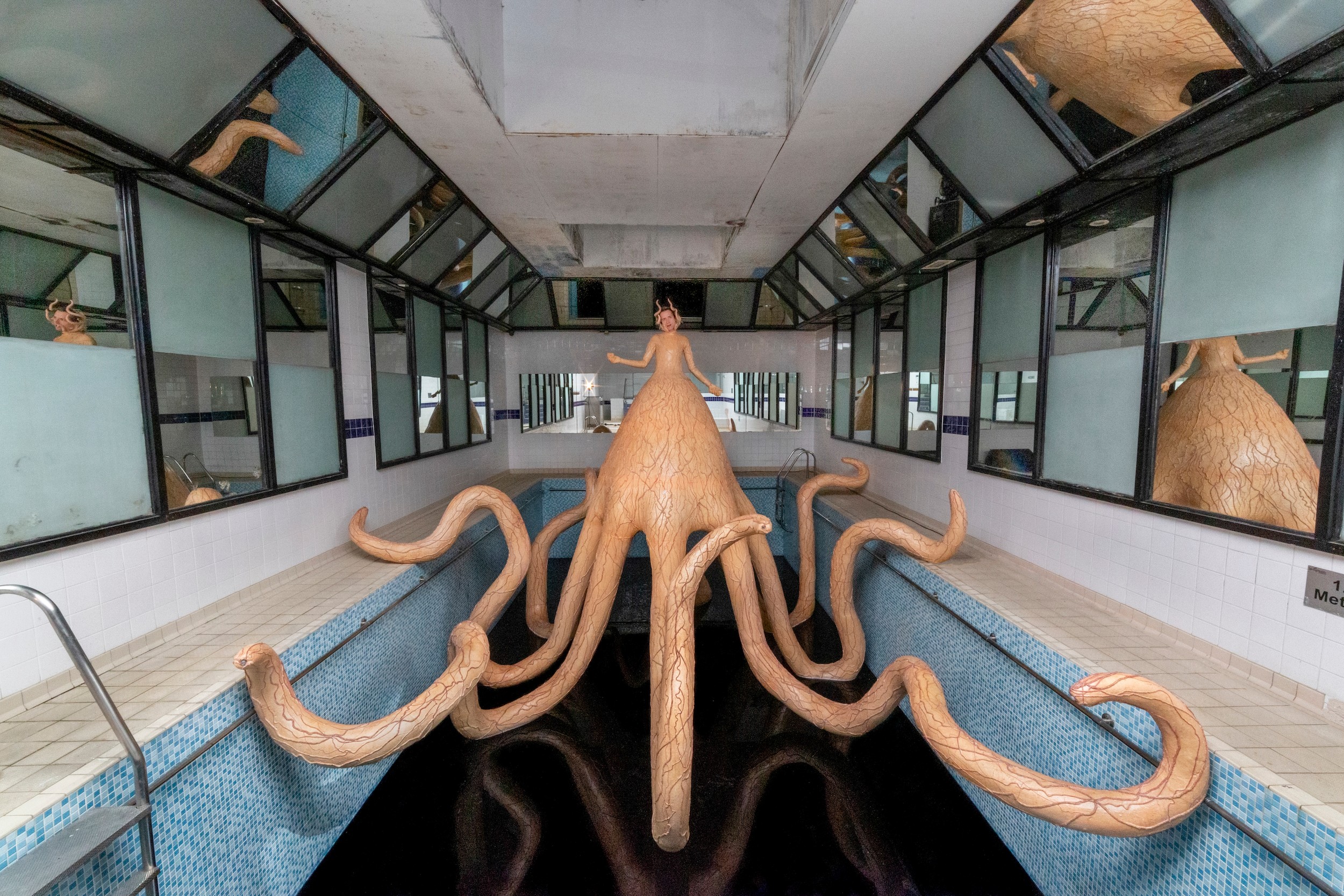Royal Academy of Arts Magazine, London
Article
2025
émergent, London
Interview
2025
C-Mine, Genk
Exhibition Text
2025
Hannah Barry Gallery x Foolscap Editions, London
Editor
2025
Lo Brutto Stahl, Paris & Basel
Exhibition Text
2024
Hannah Barry Gallery x Foolscap Editions, London
Editor
2024
émergent, London
Interview
2024
DUVE, Berlin
Exhibition Text
2024
émergent, London
Interview
2024
Incubator, London
Exhibition Text
2023
QUEERCIRCLE, London
Exhibition Text
2023
L.U.P.O., Milan
Catalogue Essay
2023
Tarmac Press, Herne Bay
Catalogue Essay
2023
Brooke Bennington, London
Exhibition Text
2023
Freelands Foundation, London
Catalogue Essay
2023
superzoom, Paris
Exhibition Text
2023
Lichen Books, London
Catalogue Essay
2022
Tennis Elbow, New York
Exhibition Text
2022
émergent, London
Interview
2022
Guts Gallery, London
Exhibition Text
2021
Kupfer Projects, London
Exhibition Text
2021
Collective Ending, London
Catalogue Essay
2021
L21 Gallery S’Escorxador, Palma De Mallorca
Exhibition Text
2021
TJ Boulting, London
Exhibition Text
2021
COEVAL, Berlin
Interview
2021
Read the full interview here .
— Extract —
Charlie Mills: Your latest solo show, TRANSGENESIS, opened on 30 April in an abandoned leisure center in Belsize Park, London, produced by The Orange Garden in partnership with Harlesden Highstreet. It is a landmark exhibition for your practice, collaborating with several creative partners and working at a phenomenal scale. What are some of the key ideas behind the show?
Agnes?: TRANSGENESIS announces a rebirth, a metamorphosis and a transition. It is the biggest project I have ever done and also the most personal. The exhibition is a journey into the body of a hybrid inhuman creature. This body is warm, moving and changing. Exactly like mine. In the show, my body is the subject of an experiment. A body that extends from the larva at the entrance of the show, the tentacular fetus, the deep sea creatures crawling around the anemone to the half-human half cephalopod that I live in. It is a constant exchange of what’s happening within my body and the rest of the space. I am the mother octopus dedicated to their offspring, feeding other creatures.
While you see this posthuman creature, you see the transformation of my body taking place in front of you. It is a performance that never ends, a continuous movement and constant evolution. My body is a potential being, that can become everything and anything I want. This is a message I want to spread. To see yourself as potential. My transition and my transgenesis have never been so exciting for me, it’s a new life, a new beginning and I am very proud to share it with incredible people and artists I have collaborated with for this show. And this fluidity needs to be applied to everything else: to life itself, social structures, human behavior, ways of thinking. All need to be liquid and ready to change, mutate and transform.
This project is a sensorial experience, something you have to feel through your skin and body. For me, it was fundamental to work collaboratively with other artists. Each costume was designed by Erica Curci with hand printed latex, creating a texture of cuttlefish. The costumes are worn by 5 dancers choreographed by Magnus Westwell. Filippo Tosti created an immersive sound installation from a sonic library of water, pumps, syringes, and other objects underwater to create the internal sounds produced by the creature. As you enter the space it seems to enter inside the creature’s body and the sound guides you in this fluid experience.
TRANSGENESIS signals a shift in tone for your work. Whereas in previous installations there was an organic symbiosis between human and aquatic environment, now there is the concurrent presence of science and genetic engineering. How do you feel about the introduction of scientific intervention in your work — is it intended as a tool for liberation or control?
I met Agnes 5 years ago in front of a painting. She whispered into my ear and I welcomed her into my life. Since then I write letters to her, I think of her, I talk to her. Last year, I decided to become Agnes. Embracing Agnes was a moment of liberation. My personality changed, my behavior and routines too. My life permeates my practice and I therefore changed my ways of making and creating. My process of thinking is changing too: it is more fluid, or as Donna Haraway put it, more tentacular. I broke from my past, let it go and started to explore new territories and unknown paths. I stopped using ceramic and instead embraced more fluid and soft materials such as latex, foam and resin.
Studying underwater behaviors and approaching my work with a deeper scientific analysis, I developed fluid concepts of transformation. I was also able to participate in a Masterclass by Dr. Nicolai Roterman who exposed his research on yeti crabs that live kilometers underwater. It was incredible to see the process of mutations and metamorphosis taking place. I am interested in evolutionary processes but also in genetic control.
At the same time, I was reading transhumanist theories and looking at cryopreservation, artificial insemination and cyborgs. The idea of being able to change your body means that we can change and become something else. The gender transition process is similar to a transhuman process. It is a genetic modification, a technological alteration, an artificial mutation. It releases who you are, but at the same time, it becomes a cage. Since the start of the transition, you submit yourself to medication and lose control of your body. The reaction is unexpected, anything could happen or go wrong. It's a submission, you are chained.
TRANSGENESIS celebrates queer futurism, championing principles of collaboration, symbiosis, and transformation through a science fiction lens. Do you ever feel a tension between this future-orientated vision of ecological symbiosis with the more nostalgic aspiration toward a past harmony between humankind and nature?
Gender-bending and gender dysphoria are still a debate. I see it as a recurring process in the future of human beings. Technology has developed to make us able to change our sex, but also grow antennas in our brain, extend limbs and replace our organs. The concept of humanity is lost and into pieces. We must urge to reshape humanity. The future of human beings is the one of mutation and alteration. My dysphoria is not only gender-related but of species too. I wish I could find a hormone that allows me to become an octopus. I dream of an underwater society, fluid and permeated with the sea.




Quench Gallery, Margate
Exhibition Text
2021
COEVAL, Berlin
Interview
2021
COEVAL, Berlin
Interview
2021
Foolscap Editions, London
Catalogue Essay
2020
Gentrified Underground, Zurich
Catalogue Essay
2020
Camberwell College of Arts, London
Exhibition Text
2019
Kronos Publishing, London
Editor
2019
Elam Publishing, London
Editor
2019
William Bennington Gallery, London
Catalogue Essay
2019
Elam Publishing, London
Catalogue Essay
2018
Camberwell College of Arts, London
Exhibition Text
2018
Limbo Limbo, London
Exhibition Text
2017
Saatchi Art & Music Magazine, London
Review
2017
B.A.E.S., London
Exhibition Text
2016